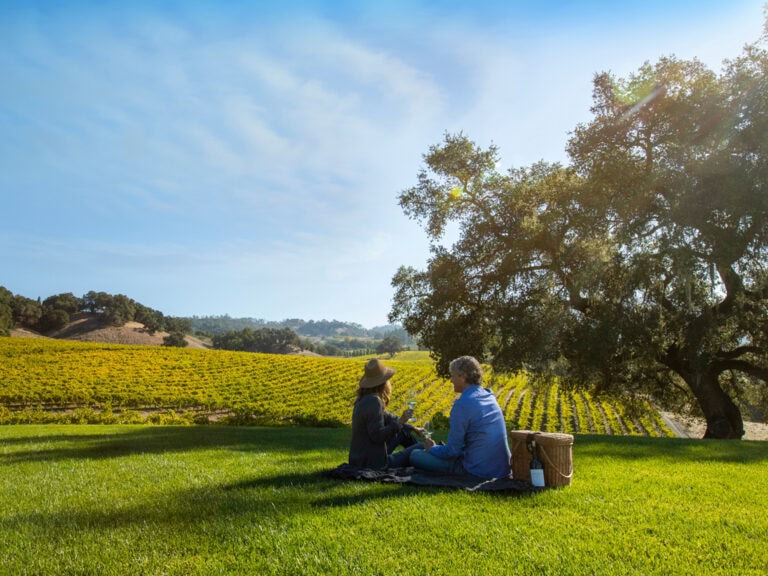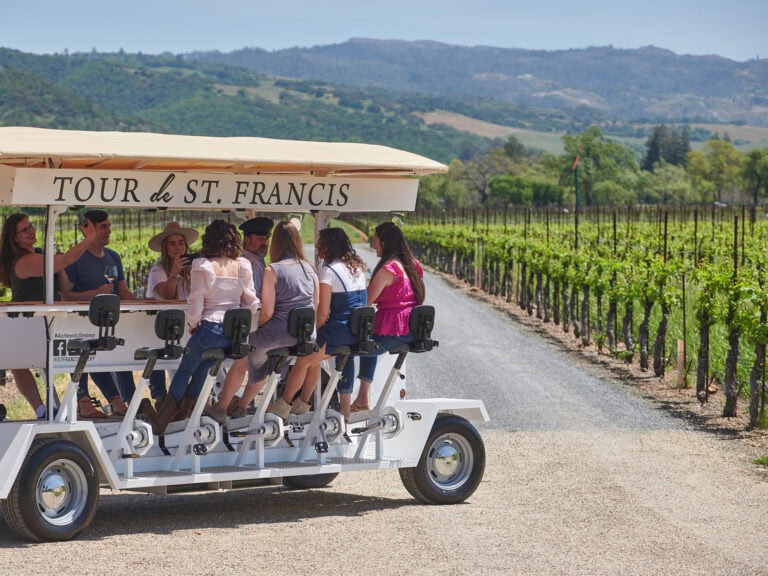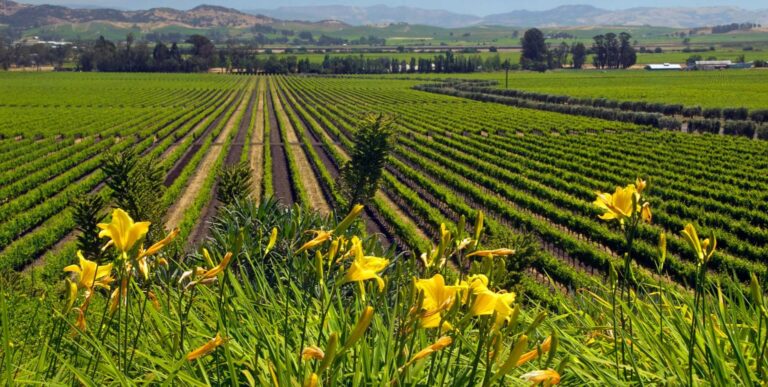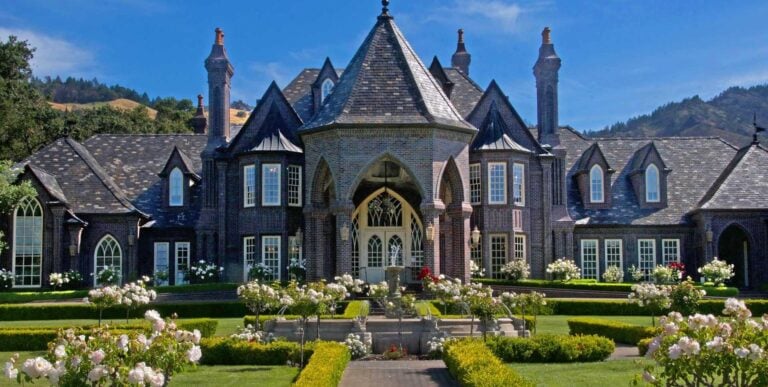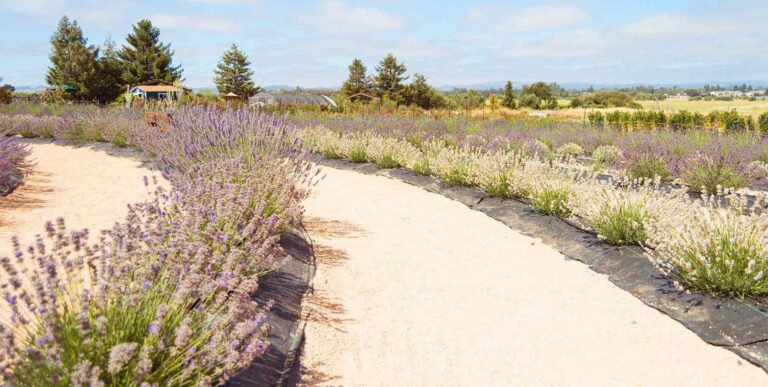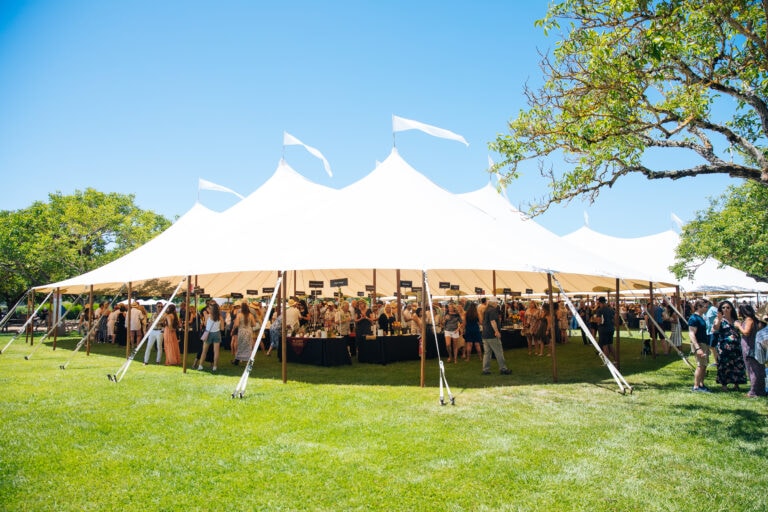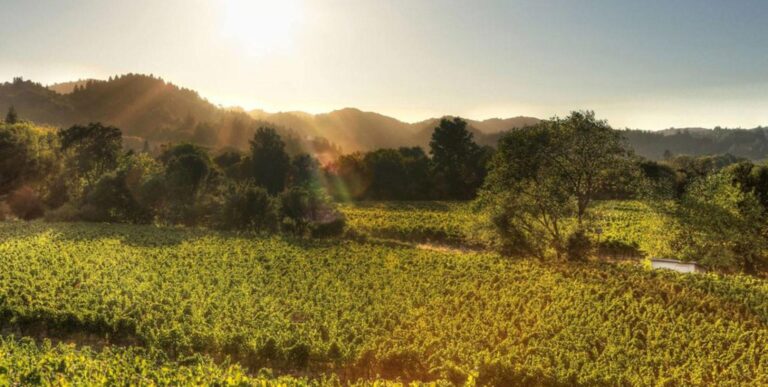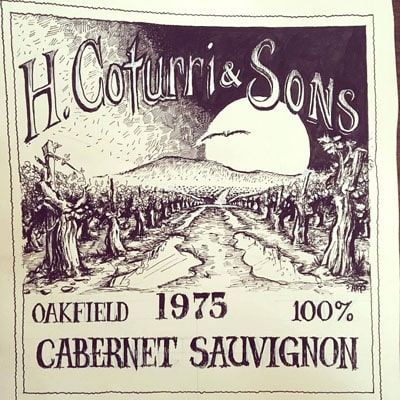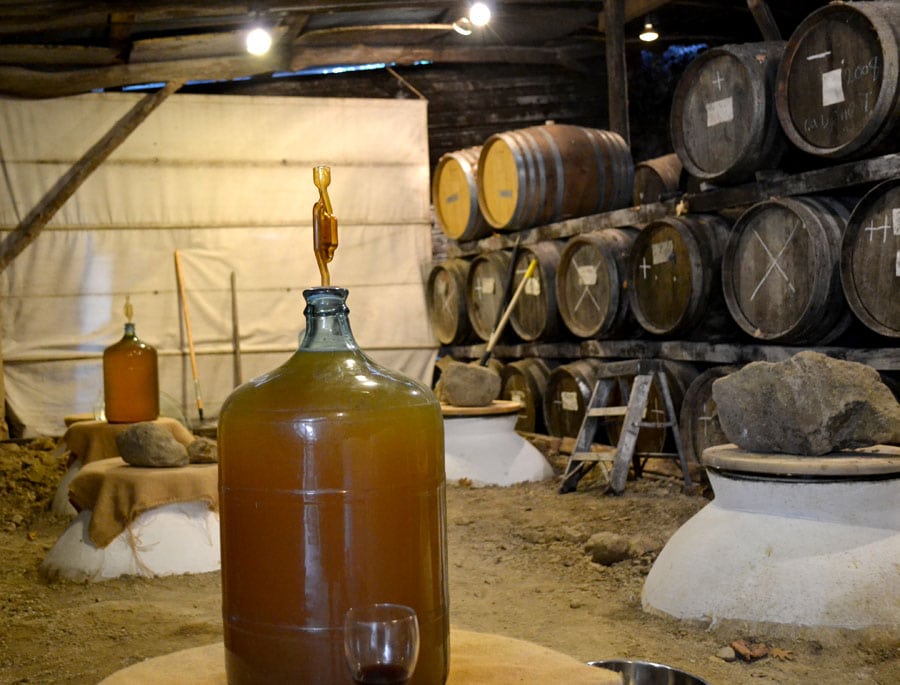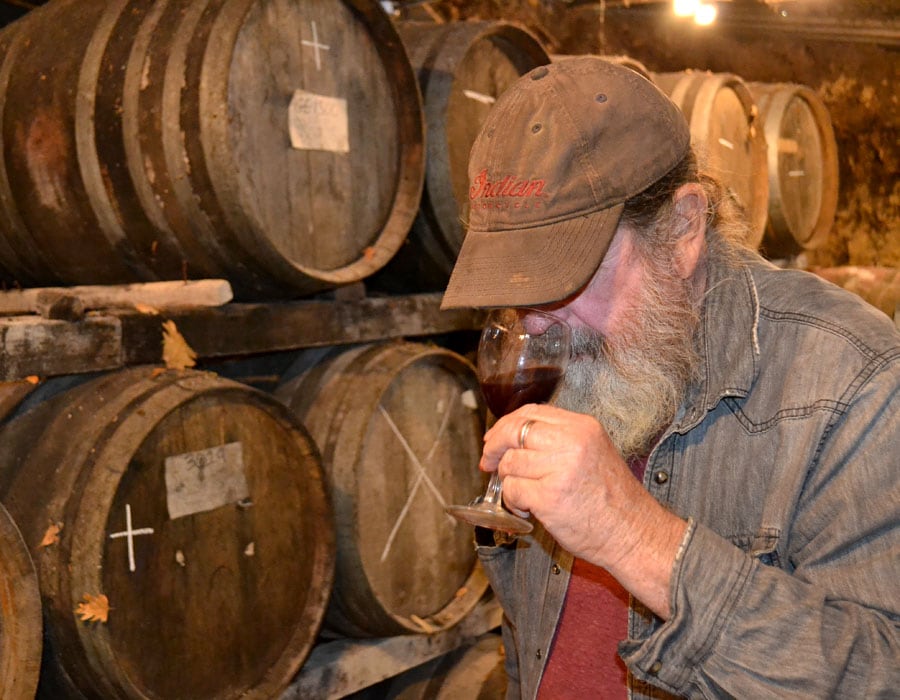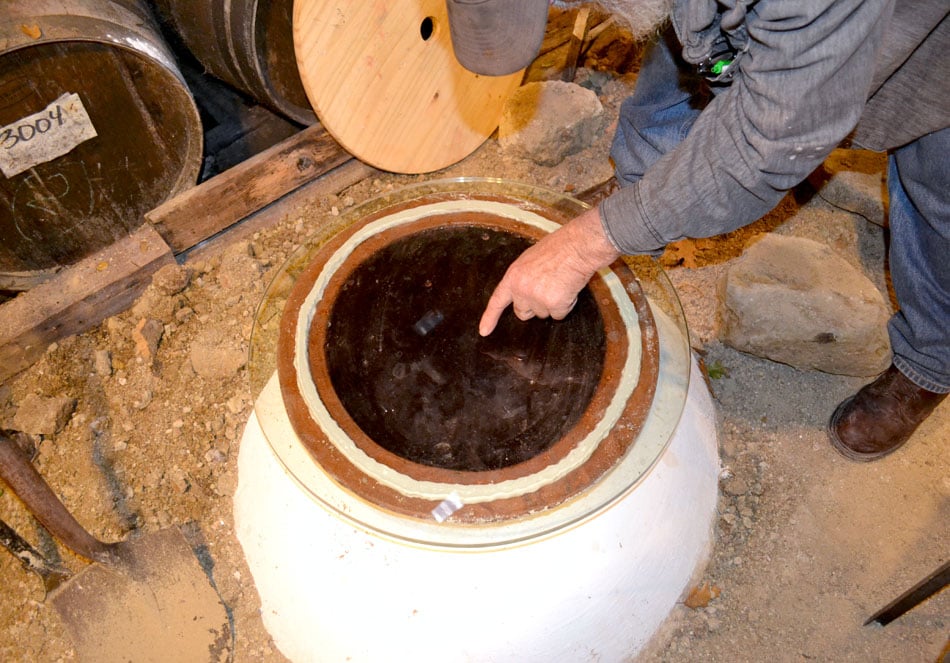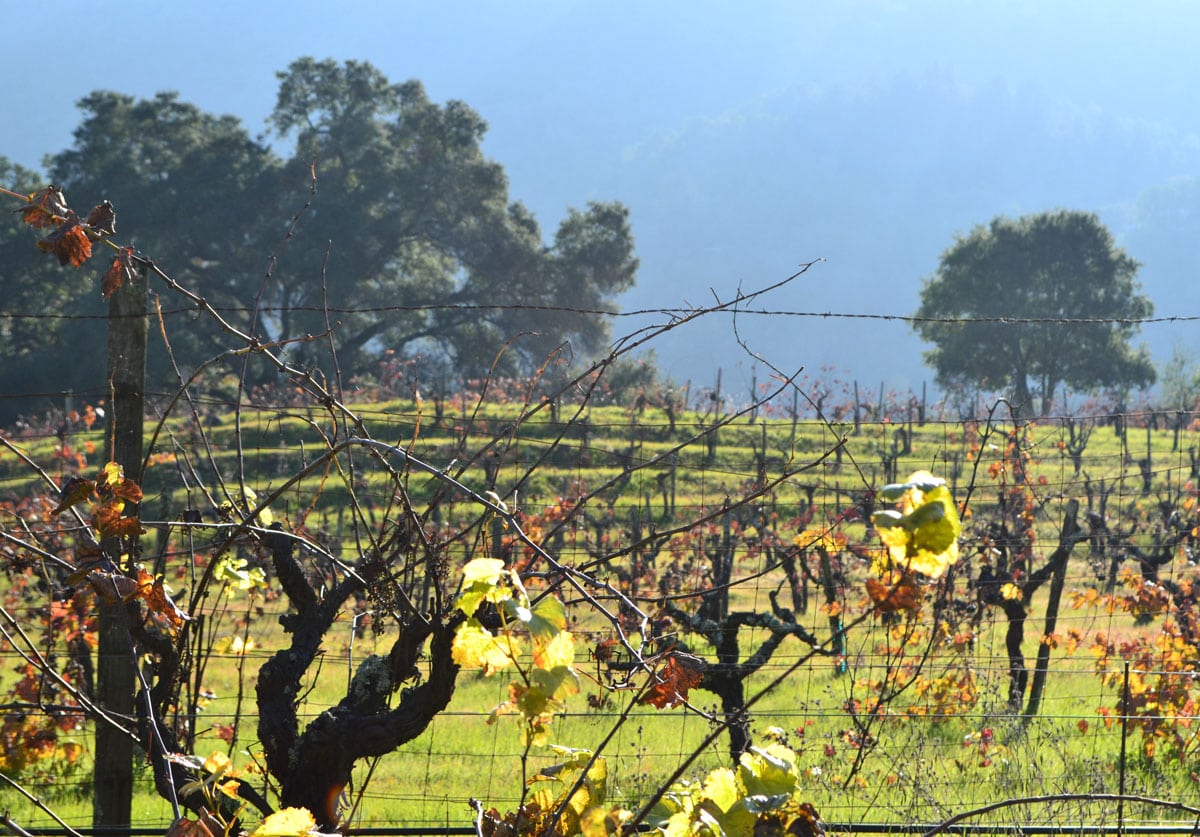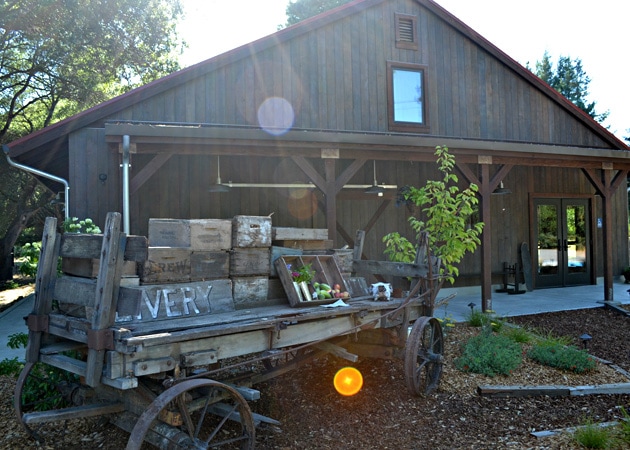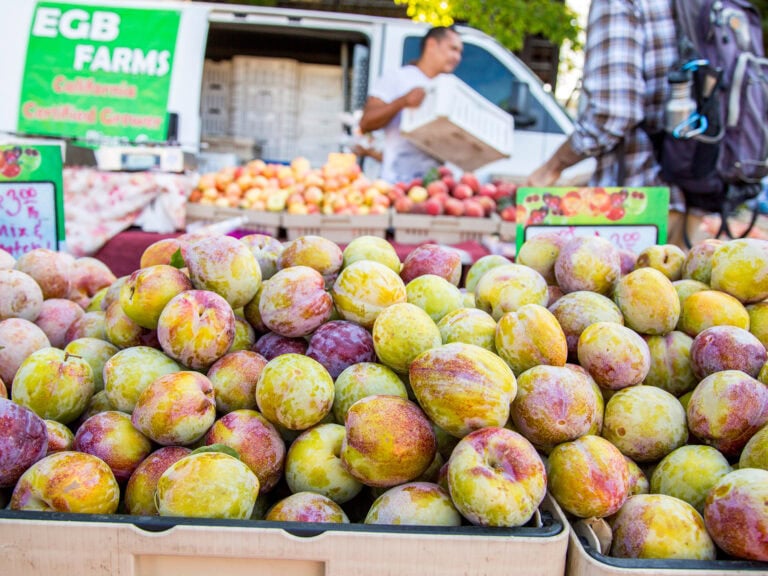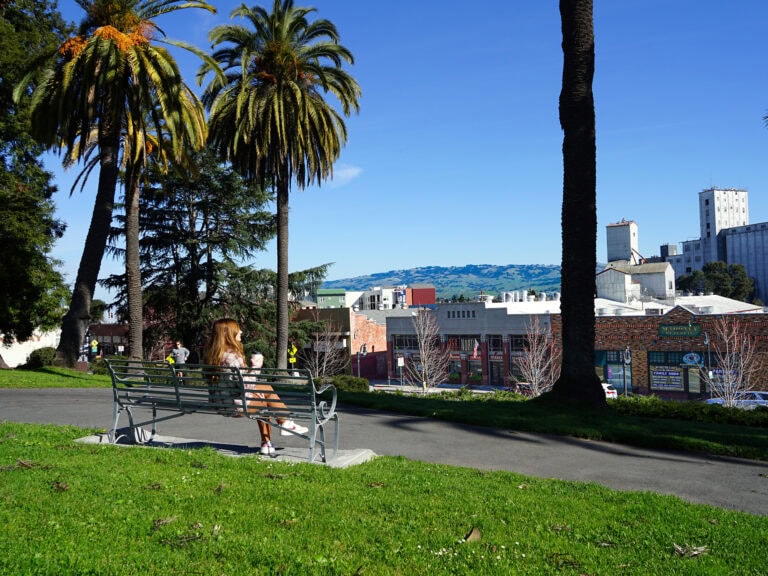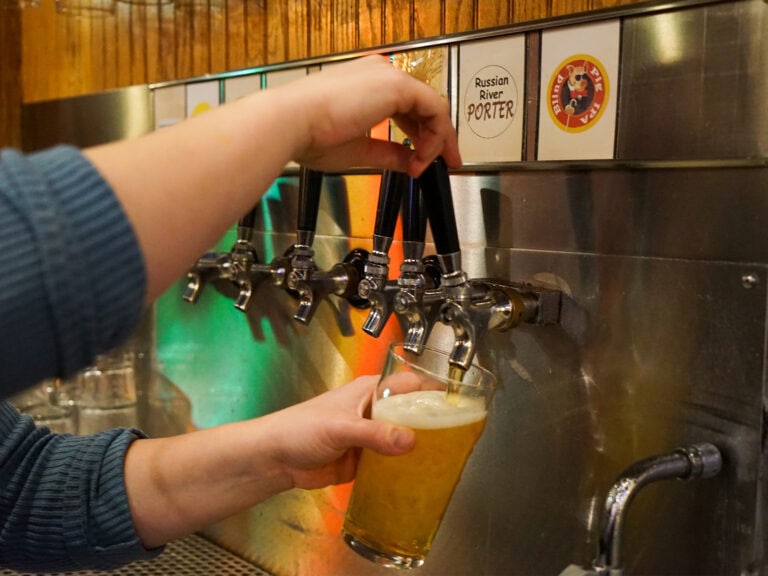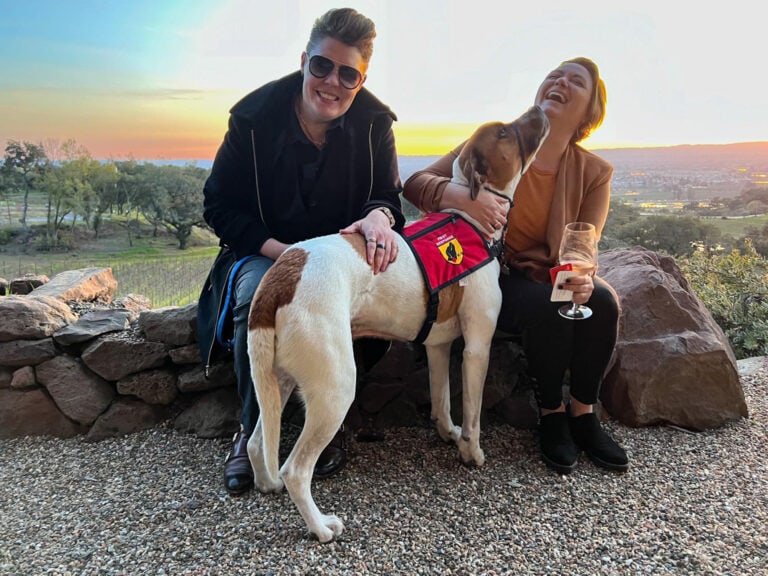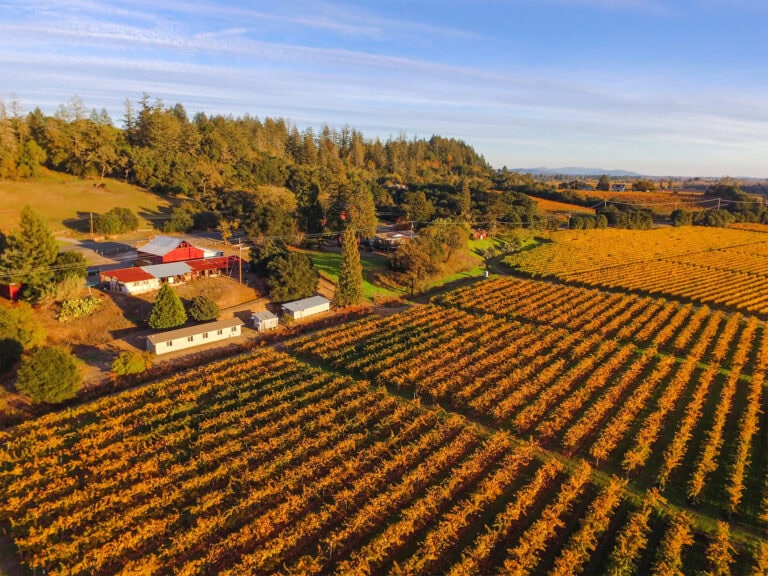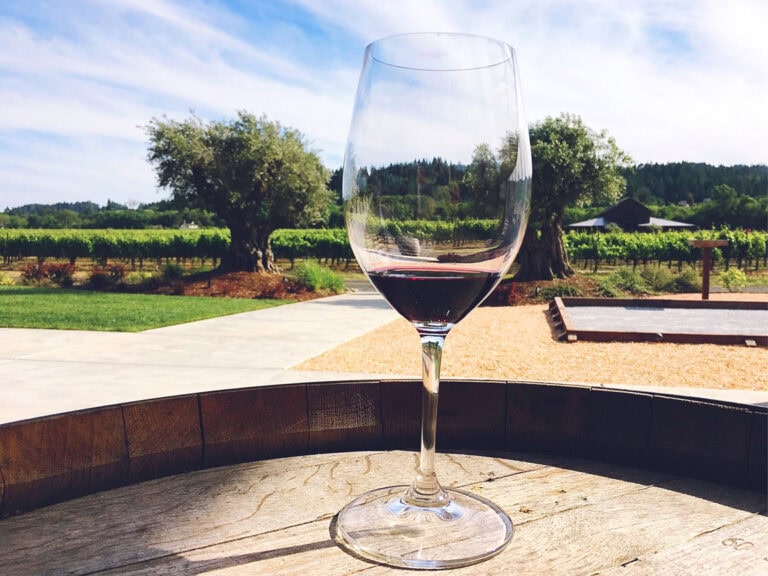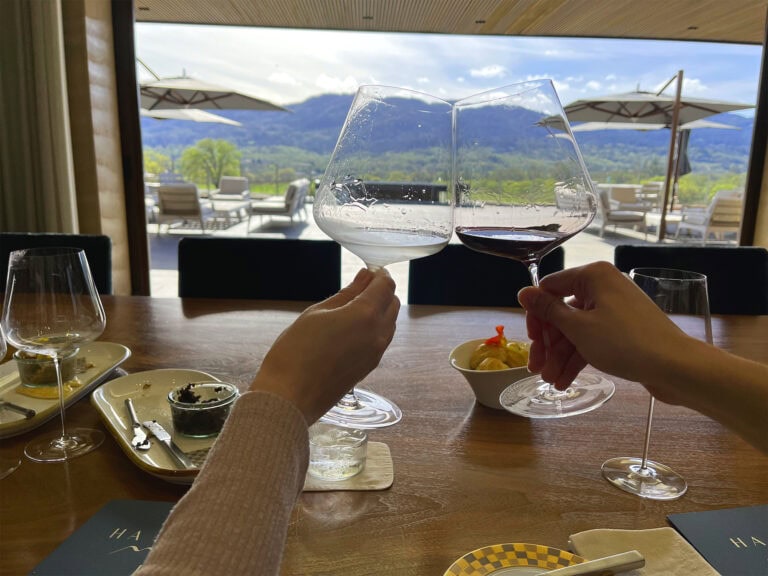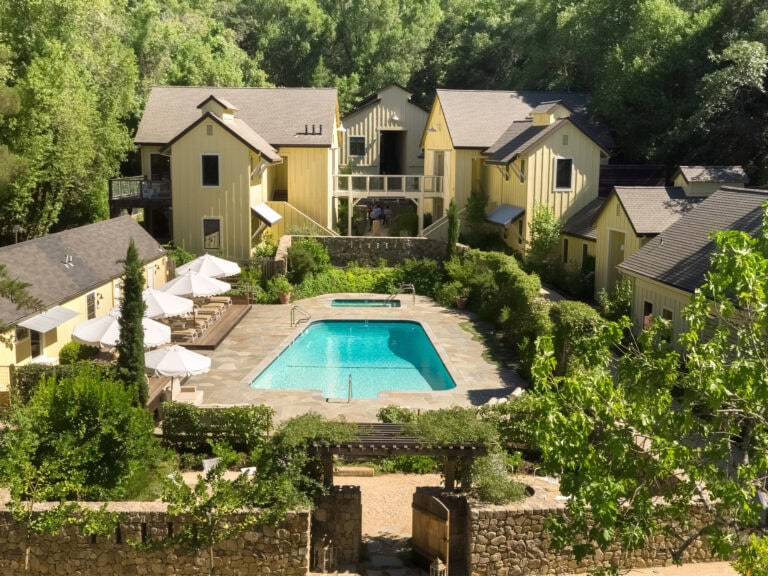Natural Wines in Sonoma County
Natural Wines in Sonoma County
The ‘natural wine’ movement has caught on in West Coast wine bars and shops in recent years, inspiring urban California wine lovers in the Los Angeles and San Francisco Bay regions alike, having leapfrogged here from the wine bars of Paris and New York City.
Naturally, wine made ‘naturally’ might be expected to be found in Sonoma County, which is already a hotbed of organic and biodynamic agriculture. It can be, but not so much of it — and even where Sonoma County winemakers are using ‘hands off’ winemaking practices and natural fermentation methods, they’re often loathe to embrace the slogan of ‘natural wine.’
Why is that, and what is natural wine?
The story so far
The natural wine movement started back in post-World War II France, when Beaujolais wine merchant Jules Chauvet focused a critical eye on the modern wonders of the chemical industry that were being applied to winegrape farming and winemaking. While organic and biodynamic viticulture answer part of that concern, ‘natural wine’ adherents take it a step further, eschewing additives (including commercially produced yeast strains, and sulfites) and so-called ‘manipulation’ in the cellar, in the pursuit, they say, of a more authentic expression of the grape and its terroir.
Critics of natural wine point out, on the other hand, that over the decades and centuries, winemaking techniques have been aimed at reducing the interference of ‘bad’ microorganisms, allowing the true nature of the wine to shine, whether that be crisp and floral or robustly fruity. Pioneering French microbiologist Louis Pasteur, after all, retains his status as hero to wine — and enemy of wine faults — worldwide.
Natural wine, by focusing on practices that limit contamination, critics suggest, threatens to demonize even wines that contain sulfites, which are derived from the naturally occurring element sulfur, and have been used for centuries to help stabilize wines and prevent oxidation; and even more, the concept of ‘manipulation’ is somewhat vague and can be misleading for those who are unfamiliar with viticulture and winemaking.
Nonetheless, natural wine champions like Alice Feiring, with her book, ‘Naked Wine: Letting Grapes Do What Comes Naturally’ (2011), and Isabelle Legeron, in ‘Natural Wine: An introduction to organic and biodynamic wines made naturally’ (2014), have attracted the interest of many wine drinkers.
Sonoma County has its own natural wine pioneer in Tony Coturri, who’s been making wine on Sonoma Mountain with natural yeasts, and without sulfites, for nearly 40 years.
‘You get good grapes, you don’t need to,’ Coturri says of sulfite additions, noting that the Romans made wine that way for centuries with pretty good results, according to the writings of classical connoisseurs. Coturri has been called one of the godfathers of natural wine in the United States, and with his long gray beard, looks comfortable in the role as ‘Mr. Natural’ of Sonoma County wine.
Still, Coturri keeps the contemporary trend in perspective. ”Natural’ wine has become a catch-all category,’ he allows. ‘Essentially anyone can call themselves a ‘natural’ producer.’ He’s also keeping up-to-date by incorporating even more ancient traditions.
Coturri’s father founded Coturri Winery in 1979, and his brother, famed organic viticulturist Phil Coturri, farms the vineyards. The winery, which is not open to the public, seems frozen in time, rambling over a steep hillside strewn with old barrel staves, and defunct cars in the typical fashion of mountain properties in Sonoma County. The basket press he built 40 years ago is still used, every harvest.
But inside the cellar, there’s something new: Coturri and his assistant, Caleb Leisure, are burying brand-new amphorae, or qvevri, manufactured in the nation of Georgia, where these clay vessels have been used for wine fermentations for up to 8,000 years, in the rocky soil of the cellar floor. Coturri is excited about the possibilities, noting that a white wine, fermented on its skins in the 2017 vintage, was at first cloudy until a full moon came around — and it cleared up.
But Coturri doesn’t find much interest for his wines locally. ‘In general, ‘natural’ wines are so much more accepted in Southern California,’ says Coturri. ‘Every decent restaurant has a variety of ‘natural’ wines on their lists without making a special designation for them.’ His wines have also been poured at Ordinaire, an Oakland wine bar and shop focusing on natural wines, and are better known in the Boston, New York City, and Los Angeles markets, according to Coturri.
Other wine brands made at the winery, without the use of added yeasts or sulfites, include Sonoma Mountain Winery, a project by Tony Coturri’s son Nic Coturri; Cote des Cailloux, from family friend Jacques Mathieu; and Caleb Leisure Wines (Leisure became interested in wine in England and went to work in French vineyards for several years, among other regions).
A newer winery that embraces the natural wine designation is Old World Winery, founded more than a decade ago by Darek Trowbridge. Focusing on unique blends and rare varietals like old vine Abouriou, Trowbridge holds old world-style grape picking and foot-stomping parties for his wine club members and customers, and recently showed his wines at the Raw Wine Fair in New York City and Los Angeles.
Old World Winery’s website states that ‘nothing is added to the wine except a minimal amount of protective sulfur,’ pointing up the fact that the natural wine category, having no hard and fast rules, allows for the winemaker’s discretion in practice.
Old World is open to the public at its small tasting room on River Road, just off the Highway 101 freeway. Fun fact for Pinot Noir fans: the little cellar here was the original winery of Williams Selyem.
In Sebastopol, Horse & Plow Winery emphasizes their use of certified organic grapes and apples for their wines and ciders, and, although they do not generally employ the term ‘natural wine,’ explain themselves thus: ‘Our organic practices don’t stop when the grapes get to the winery — our wines are made naturally with no synthetic nutrients or additives, no GMOs, are vegan, and contain low, sometimes no, sulfites.’ Recently, they released a certified organic wine, which contains no sulfites by government regulation, as well as being made from certified organically grown grapes. Horse & Plow pours wine and cider from the tap at their remodeled barn in an apple orchard and garden setting.
THIS IS WINE COUNTRY.
Share your experience using #SonomaCounty or #LifeOpensUp
